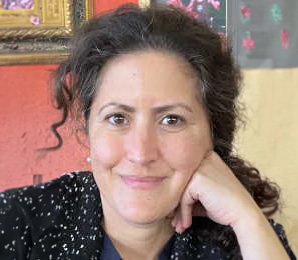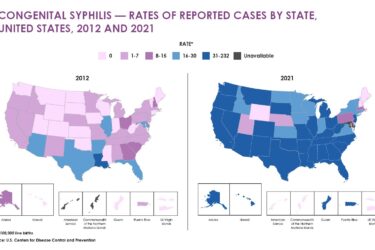Media interpreters are commonly associated with war coverage, but journalists globally also use them to tell stories about health and science. Reporting with those language professionals allows you to do two things: interview sources who may be overlooked and identify stories that otherwise wouldn’t be told.
Given the expectations of transparency in journalism, reporters must learn how to work with them to protect the integrity of information they gather. Although interpreters are expected to follow high standards of accuracy and impartiality that journalists are familiar with, there are ground rules that deal with confidentiality and source relationships that they may not be as aware of. Similarly, journalists who hire interpreters for interviews may have inappropriate expectations that include assuming the responsibilities of drivers or fixers.

In this new tip sheet, a science writer and seasoned interpreters share practical advice and insights about reporting with language professionals. There are also suggestions for vetting interpreters that are particularly useful if you’ve never worked with one.
Here are a few examples of stories that would warrant hiring an interpreter:
- The federal government’s website to order free at-home COVID-19 testing kits only offers information in English, Spanish and Chinese. Why not French, Vietnamese and Creole? There are large populations of Vietnamese and Haitian Americans who may not be proficient in English and feel more comfortable communicating in their native languages. If you’re following up on that story, you could hire an interpreter to interview those sources.
- Pro-choice advocates have argued that the abortions restrictions in Texas are hitting low-income women harder, and those women tend to be Black or Hispanic or Latino. In Texas, many of those women are immigrants from Latin America who are not in the U.S. legally. Chances are they won’t travel out of state for fear of getting detained when going through U.S. Customs and Border Protection checkpoints. To report on that story, you could hire an interpreter to interview women who speak Spanish but aren’t fluent in English.
- You could consider hiring interpreters for stories about concerns impacting a community at large, not just a specific group of people. For example, if you’re doing a story on communities that lack primary care providers or specialists, reach out to a person who is deaf or hard of hearing living in that area. And you may want to include context from doctors who are deaf or hard of hearing.








